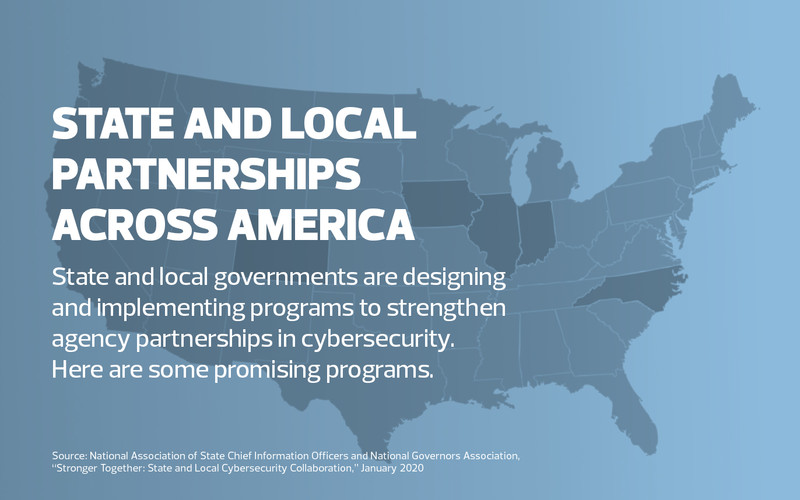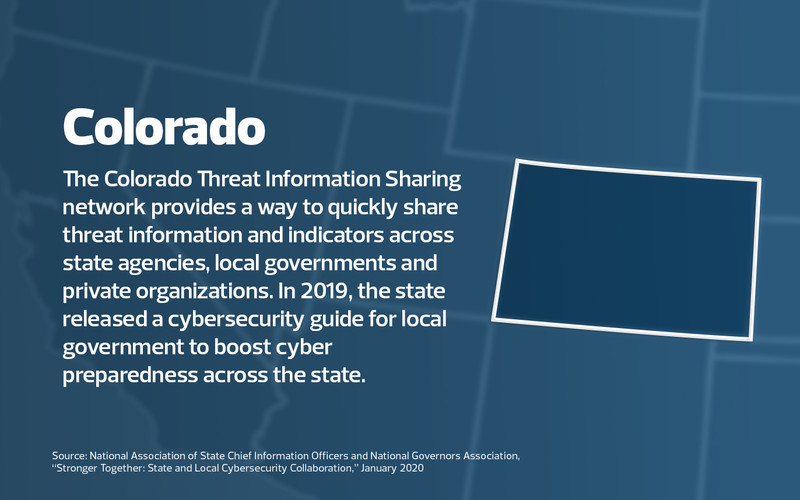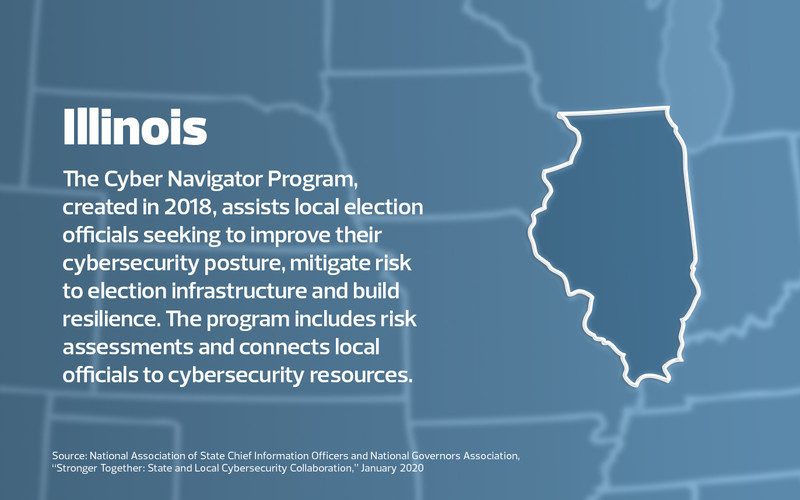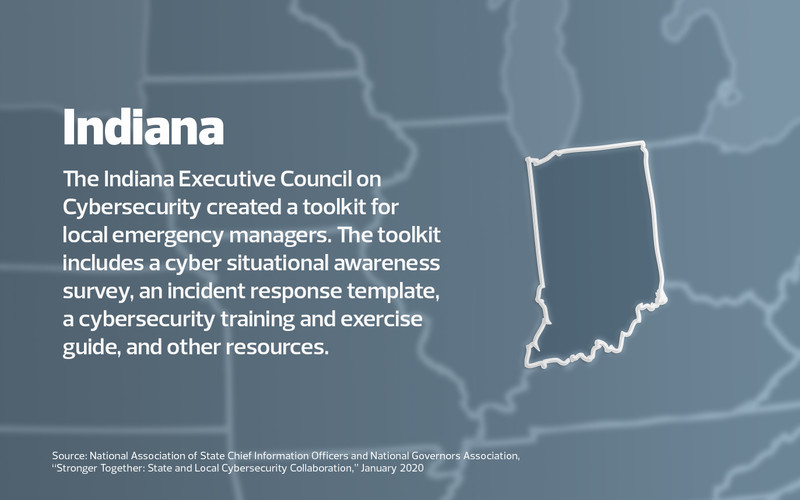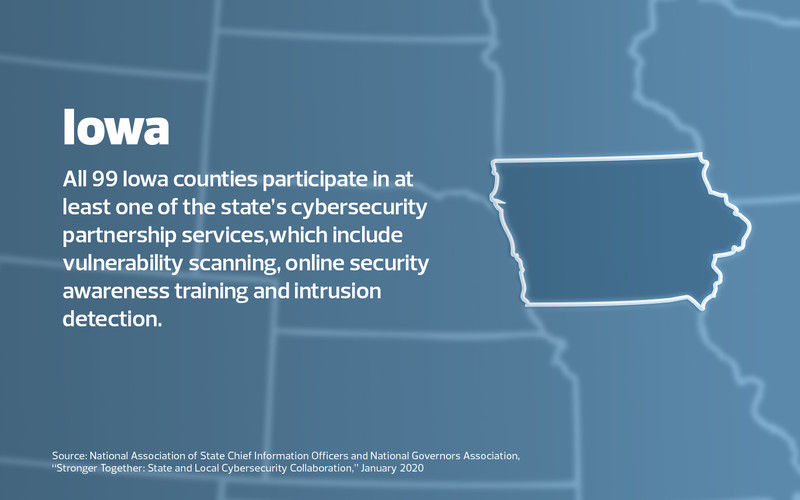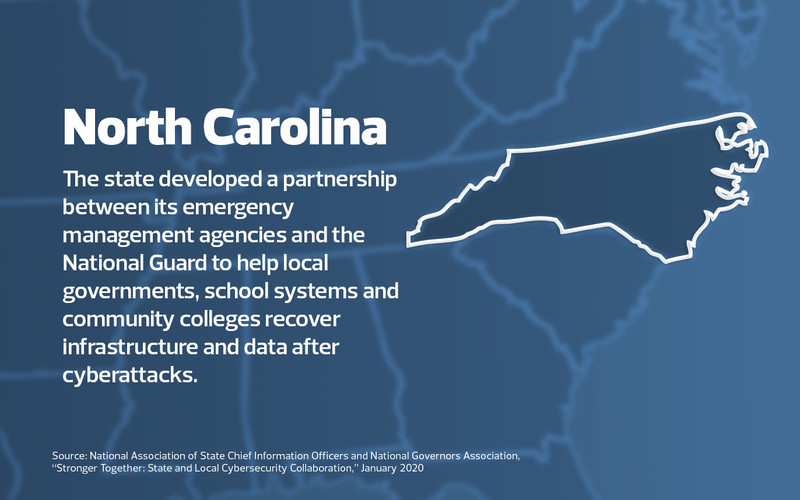To join the corps, cybersecurity volunteers must pass a series of tests and background checks. “The bar is extremely high,” DeRusha says. “You’ve really got to know you have people who can handle it.”
The corps typically works for a period of three to five days after an attack, helping to remediate damage, wipe out malicious programs and perhaps provide some recommendations for next steps. Ray Davidson, program manager for MiC3, notes that other states likely have a similar crop of cybersecurity experts who would be willing to pitch in during an emergency situation.
“There’s a whole community throughout the country that goes to hacker conventions because they want to understand things better,” Davidson says. “I’m trying to leverage that community to do something good.”
MORE FROM STATETECH: Discover how the MS-ISAC helps state and local governments improve their cybersecurity.
Local Governments Get a Cyber Education
Through the emerging Michigan Cyber Partners program, the state is offering monthly webinars on cybersecurity topics, hoping to share critical information that will help county and local governments, school districts and other entities to defend their networks from various threats.
“It’s free,” DeRusha notes. “You could have a $20 technology budget, and you can play. I’m saying, ‘Here are my experts; it’s not a problem if you borrow them for a few hours a month.’”
“We try to get out and do these from different parts of the state,” DeRusha adds. “There might be eight people in the audience and then another 70 on the webinar.”
“One of the important things other states should know is that we are just collecting and curating information that exists already,” Davidson notes. “We’re just organizing it. States should try to leverage what’s already out there.”
Ward says that such educational efforts can be “extremely powerful” despite not being flashy or high-tech.
“It’s a lot easier to go to someone for help if you have a working relationship with them,” she says. “When I talk about relationship-building, that sounds so basic, but really it’s not. If you just get people talking, it can really help on both sides.”








